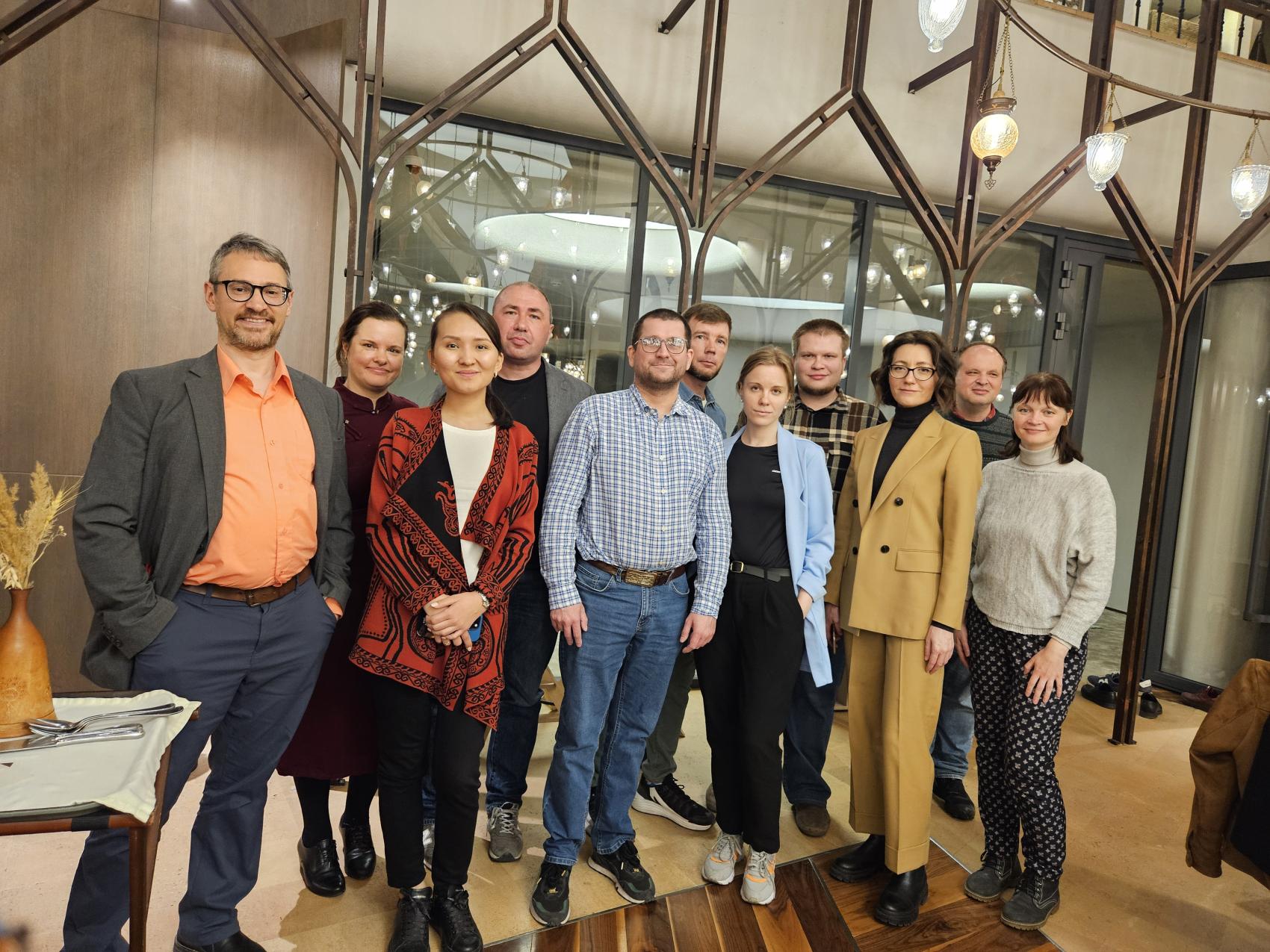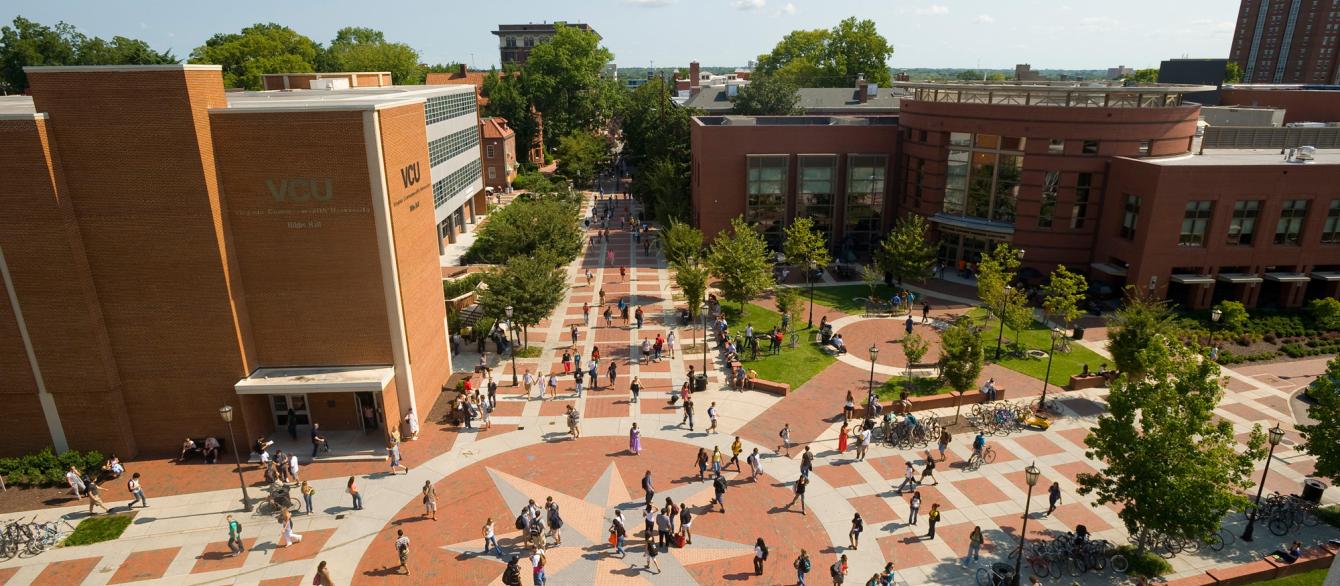This month the Davis Center’s Scholars Without Borders program and Virginia Commonwealth University opened a new chapter in our collaboration to help Ukrainian scholars continue their academic work disrupted by Russia's war against Ukraine.
The VCU-Davis Center Non-Resident Academic Associates (VCU-DC NRAA) program, which welcomed its inaugural cohort on July 1, gives a competitively selected group of academics virtual access to VCU information resources and librarian liaison services to support their research under wartime conditions.
“In many cases, regular access to these resources at the scholars’ home universities has been interrupted, either because their cities have been occupied or because Russian attacks on Ukraine’s energy and other infrastructure have degraded power and internet services,” VCU political scientist Judyth Twigg has said, calling the virtual affiliation “an intellectual lifeline.”
In putting together the VCU-DC NRAA program, Twigg — an expert in global health, with a particular focus on Russia and Ukraine — worked closely with the Davis Center's Daniel Epstein, tapping SWB's extensive network of Ukrainian scholars to seek out applicants. As part of the one-year program, the associates will also be matched with VCU departments working on similar research, creating opportunities for potential joint research and programming for students.
The program’s first cohort includes nine scholars, with three each from the humanities, social sciences, and physical and natural sciences. They are:
- Ihor Dvorkin, associate professor in the departments of History of Science and of Ukrainian and Cultural Studies at the National Technical University Kharkiv Polytechnic Institute, whose research interests span the memorialization of World War II in Ukraine, Jewish and Holocaust studies, memory studies, and museum studies.
- Alla Fridrikh, associate professor in the Department of Philology at the Rivne State University of the Humanities, whose research focuses on teaching and learning the English language in emergencies.
- Oleksandr Kondratenko, professor in the Department of Applied Mechanics and Environmental Protection Technologies at the National University of Civil Defense of Ukraine (Kharkiv), whose research explores the improvement of environmental safety of internal combustion engines for emergency rescue vehicles.
- Iryna Liashenko, associate professor in the Department of Foreign Languages at Sumy State University, whose research involves online language learning with a focus on English language-learning among Ukrainian doctoral students.
- Maryna Maslova, associate professor in the Department of Foreign Languages at the University of Zaporizhzhia, who studies discourse linguistics, text interpretation and linguistics of text using mathematical methods, and neurolinguistics.
- Denis Sheka, professor in the Department of Nanophysics of Condensed Media in the Educational Scientific Institute of High Technologies at the Taras Shevchenko National University of Kyiv, whose research focuses on the theory of nonlinear phenomena in nanomagnets and the theory of curvilinear magnetism.
- Viktoriia Strilets, professor and head of the Department of International Economics at the Poltava University of Economics and Trade, who studies digital entrepreneurship, the digital transformation of small and medium enterprises, and the development of a digital business ecosystem in Ukraine.
- Natalia Tsybuliak, associate professor in the Department of Preschool, Special and Social Education at Berdyansk State Pedagogical University, whose research areas include mental health and academia and the value of teaching and learning in higher education institutions in times of crisis and war.
- Olha Zibtseva, assistant professor of landscape architecture at the National University of Life and Environmental Sciences of Ukraine, whose work focuses on sustainable development of green space systems in small towns in the Kyiv region.

Daniel Epstein (left), assistant director of the Scholars Without Borders program, with REECA Program graduate Aruzhan Meirkhanova and displaced Ukrainian scholars in Almaty, Kazakhstan.




